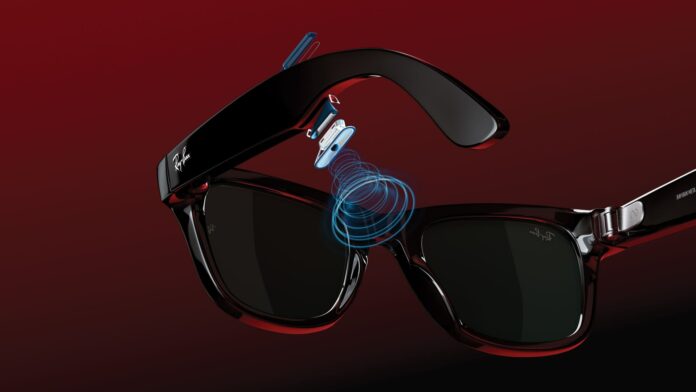It’s been ten whole years since Mark Zuckerburg announced that Meta would gobble up Oculus, assimilating the VR company into the social titan. A lot’s changed in that time. VR headsets have gotten lighter, smaller, and a whole lot more portable ditching the cables. It’s going to keep changing too, and that has us a little worried.
We’re not against progression. That should be obvious, given how excited we are about new tech. But sadly, sometimes an idea pops up that just doesn’t feel like a good direction. Augmented reality (AR) glasses are a good example of this, as if we don’t spend enough time on our phones. According to its nostalgic celebration, this is exactly where Meta is heading, positioning AI-enhanced spectacles as its next product launch.
After reflecting on the decade-long history, Meta’s blog post ends with a teaser section called And Speaking of AI. “While Quest 3 offers compelling mixed reality experiences, from fully immersive to those that let you interact with the physical world and digital content in tandem, and Ray-Ban Meta smart glasses give you access to the utility and entertainment of Meta AI, AR glasses will deliver the best of both worlds as these two technological paths converge,” says the firm.
Meta Quest VR headsets are an astounding achievement in just about every respect. Most are affordable, each upgrade is substantial, and they no longer need a PC or wires. Regular updates even keep the latest Meta Quest 3 on the bleeding edge of virtual reality. It’s simply a blindingly (not literally) good headset. Smartglasses offer something entirely different.
From what I’ve seen of AR glasses so far, the combination doesn’t make much sense to me. They often end up as just fancy headphones that are a little chunkier. Virtual reality has the upper hand in escapism when it comes to entertainment. Sure, you can talk up digital meetings all you want, but adding in a soulless avatar isn’t any better than a Zoom call.
That’s not to say AR doesn’t have its benefits. It can bring up cool information about the world around you that you might not know, enhancing research and learning. Bolstered with AI, it might even be more effective—provided the information is accurate. We all know how artificial intelligence fares with accuracy. But in the hands of a social media giant, the tech’s purpose will be to forever connect during a time when we’d benefit from disconnecting once in a while.
Look, all praise to Meta for revolutionising the VR space. If anyone can handle packing beefy specs, which we don’t yet know, into a small form fact, it can. I just question who, exactly, the new product will be for and how it’s going to shift our TikTok-obsessed world into a new era of endless scrolling.

